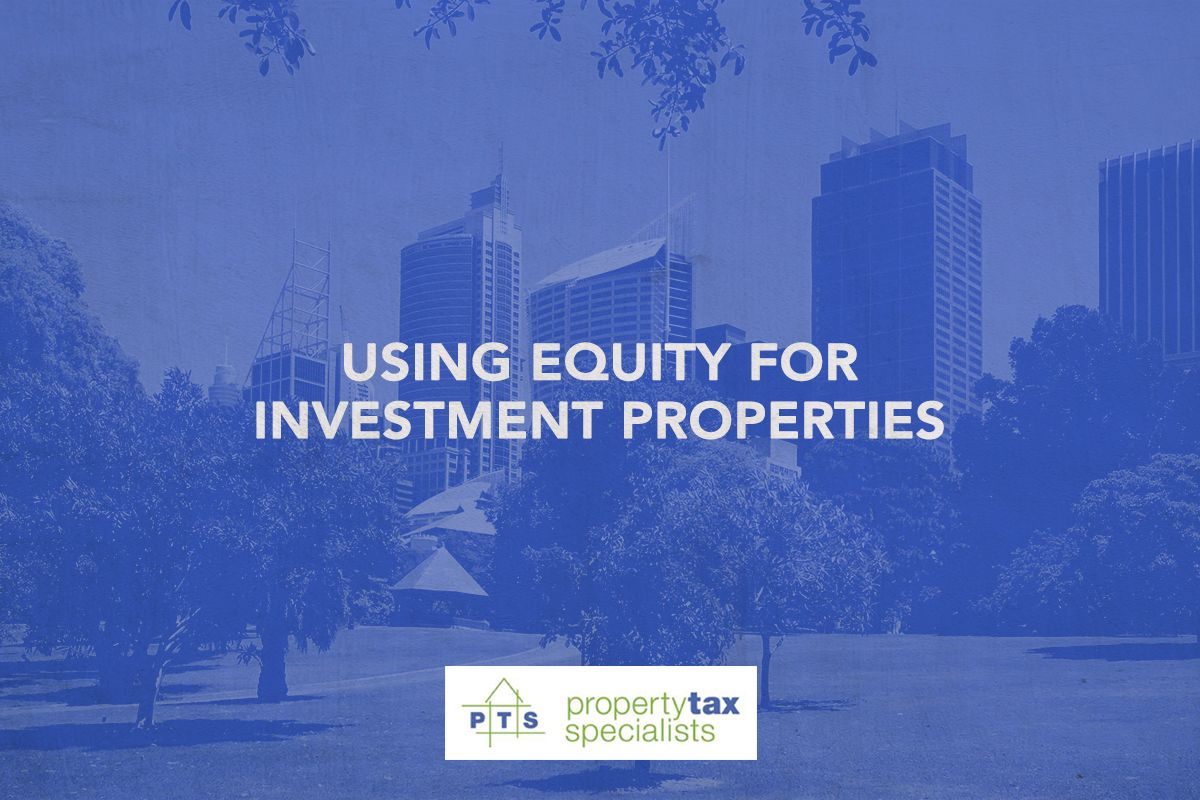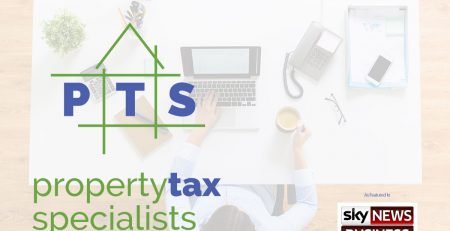A Guide to Using Equity to Buy Investment Property
A Guide to Using Equity to Buy Investment Property
Have you ever wondered if your home or existing investment property is more than just a brick-and-mortar asset? If you have, then you’re on the right path. Your property is not just a piece of real estate; it’s a goldmine of opportunities. It could be the key to unlocking your future wealth.
And that key is called equity.
Equity, a concept fundamental to real estate investment, is not utilised enough by property investors due to its complex nature and perceived risks. However, when understood correctly and strategically, equity can be a powerful tool to augment your investment portfolio and bring you closer to your financial goals.
So, in this blog, we’ll help you understand what equity is, how to calculate it, and how it can be leveraged to secure additional property assets.

Understanding Equity and How To Use It Buy an Investment Property
Equity, in its simplest form, refers to the value of an asset after all debts and obligations have been deducted. When it comes to real estate, equity is the difference between the current market value of your property and the amount you owe on your mortgage.
For example, if you own a property valued at $600,000 and have a remaining mortgage balance of $200,000, then your equity stands at $400,000. This amount represents your ‘real’ ownership in the property—the portion you fully own, free and clear of any lender’s claims.
Equity increases over time in two main ways:
- by reducing the debt through regular mortgage payments, and
- through an appreciation of property value.
When the market value of your property goes up, your equity increases accordingly, even if the amount of your outstanding mortgage stays the same.
It’s also worth noting that equity isn’t a static figure; it fluctuates with the ever-changing dynamics of the real estate market. Hence, understanding how to evaluate and utilise equity can provide significant advantages, particularly in strategic property investment.
Maximising Equity in Your Main Residence
Building and maximising equity in your home can open up various financial opportunities, including purchasing additional property for investment.
Here are three key ways to maximise your home equity:
1. Making Additional Mortgage Repayments
This strategy reduces your mortgage faster and increases your equity. By paying more than the required monthly amount, you can accelerate the growth of your equity over time.
2. Home Improvements
Regular maintenance and strategic home improvements can increase your property’s value and, thus, your equity. This can involve cosmetic changes, such as a fresh coat of paint, or larger renovations, like kitchen or bathroom upgrades.
However, ensure that the potential increase in property value justifies the cost of these improvements.
3. Long-Term Ownership
Patience can often be rewarding when it comes to real estate. Given the historical upward trend of real estate values over time, the longer you own your property, the more likely it is to appreciate in value.
With each mortgage repayment, you’re also increasing the proportion of your home you own outright, gradually building your equity.

Accessing Equity to Purchase an Investment Property: Debt Recycling
Debt recycling is a financial strategy that involves converting non-deductible debt into deductible debt. In essence, it’s about shifting debt associated with non-income-producing assets (like your home) into debt associated with income-producing assets (like investment properties), the interest on which is typically tax-deductible.
To illustrate how debt recycling fits with the concept of equity, let’s consider the following example. If your home is valued at $600,000 and you owe $200,000 on your mortgage, your equity is $400,000.
Using a debt recycling strategy, you can access this equity by taking out a line of credit against your main residence.
Note on how much equity you can leverage: Banks are generally comfortable lending up to 80% of your home’s value – so this would be considered your usable equity.
The money obtained from this line of credit can be used to purchase an investment property. The interest on this new loan is typically tax-deductible as it’s directly associated with income-generating activity.
In contrast, the interest on the original mortgage for your home (non-deductible debt) is not tax-deductible as it doesn’t relate to producing income.
This strategy allows you to take full advantage of your existing equity to expand your investment portfolio while optimising your tax position.
However, debt recycling requires careful management and planning, considering your financial circumstances, risk tolerance, and long-term investment objectives.
Always consult with a financial adviser or property tax specialist to ensure this strategy aligns with your financial goals and risk profile.
You can use other strategies to access home equity, such as refinancing the home loan for your existing property. However, refinancing won’t present the same tax benefits as the loan will be linked to your main residence – which is not an income-generating asset and therefore doesn’t warrant property tax deductions. But if the funds are used to purchase an income-generating asset then the interest may be deductible.
Factors to Consider Debt Recycling and Leveraging Equity
Leveraging equity and employing debt recycling to purchase an investment property can present significant opportunities for wealth creation, but it’s crucial also to understand the associated risks and considerations.
Potential Positives of Employing an Equity Strategy
On the upside, using equity for investing enables you to grow your property portfolio without needing a separate deposit.
This strategy can help you benefit from market growth and rental returns over time, driving wealth accumulation. Furthermore, debt recycling can improve your tax position, as the interest on an investment loan is generally tax-deductible.
However, there are inherent risks to these strategies.
Potential Drawbacks to Bear in Mind
The downside of leveraging equity is that you increase your debt obligations, which can put additional financial pressure on your budget. It also exposes you to potential market volatility.
If property values decrease, you might find yourself in negative equity, where the outstanding mortgage is more than the property’s current market value.
An additional risk lies in overleveraging.
While leveraging equity can provide opportunities for growth, over-leveraging, or borrowing too much, can lead to financial strain and potentially compromise your financial stability. The key is to ensure you can comfortably service the increased debt even if circumstances change, such as interest rates rising or rental income decreasing.
Remember, with debt recycling, while you’re transforming non-deductible debt into deductible debt, you’re not reducing your overall level of debt. So, this strategy requires careful management and should be part of a structured and comprehensive investment plan.
How Do I Know if Leveraging Equity is the Right Strategy For Me?
The decision to leverage equity as part of your investment strategy is a significant one that should be carefully considered.
It’s not a strategy that suits everyone, as it requires additional debt and entails certain risks. Determining whether it’s the right path for you involves an evaluation of your current financial circumstances, future goals, and risk tolerance.
Firstly, you must be financially stable with a consistent income that comfortably services your current obligations. Additional debt to purchase an investment property should maintain your ability to meet your existing commitments.
Secondly, consider your long-term financial and personal goals. Leveraging equity is typically part of a long-term strategy that aims to build wealth over time. If this aligns with your aspirations and timeline, leveraging equity may be a suitable strategy for you.
It is also important to consider your level of risk tolerance. Leveraging equity comes with exposure to the real estate market’s potential volatility, and it increases your debt burden. This could be a feasible strategy if you’re comfortable with these risks and understand the potential implications.
Remember, leveraging equity should align with your broader financial plan and long-term goals.
Key Takeaways
- Equity in your home can serve as a powerful tool for wealth accumulation. Understanding what equity is, how it works, and how to maximise it is fundamental to utilising it effectively for property investment.
- Leveraging equity and using strategies such as debt recycling can effectively expand your investment portfolio. However, these strategies require careful management and should be part of a comprehensive investment plan.
- While leveraging equity and employing debt recycling strategies present opportunities for growth, they also come with inherent risks such as increased financial obligations, potential over-leveraging, and exposure to market volatility. It’s crucial to fully understand these risks before proceeding.
Maximising equity requires a well-considered strategy tailored to your personal circumstances and financial goals. Consulting with a property tax specialist can provide invaluable guidance on your journey to growing your equity and utilising it effectively.
Contact Property Tax Specialists to find out how to effectively manage your investment tax obligations and maximise the growth of your property portfolio.
Disclaimer
Please note that every effort has been made to ensure that the information provided in this guide is accurate. You should note, however, that the information is intended as a guide only, providing an overview of general information available to property buyers and investors. This guide is not intended to be an exhaustive source of information and should not be seen to constitute legal, tax or investment advice. You should, where necessary, seek your own advice for any legal, tax or investment issues raised in your affairs.



